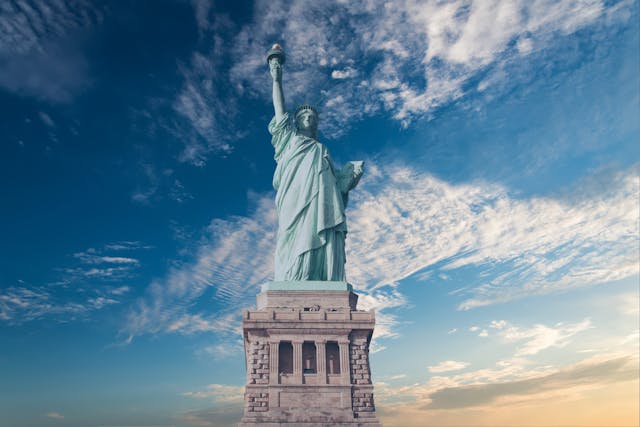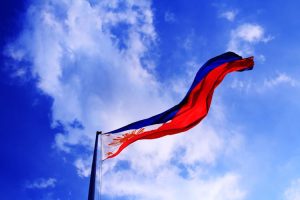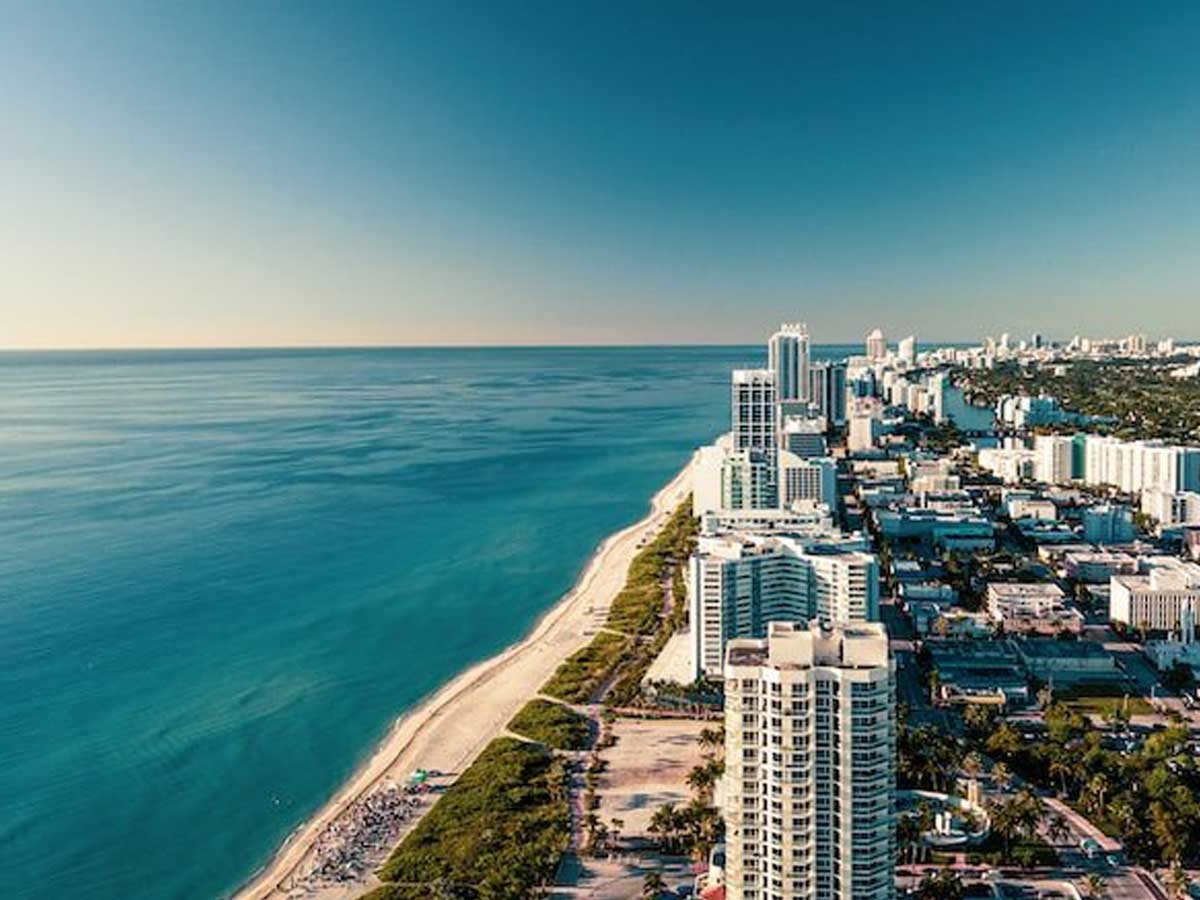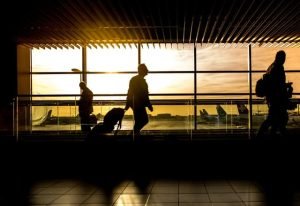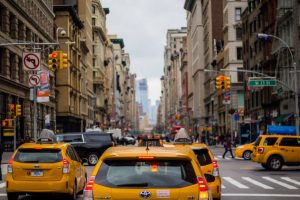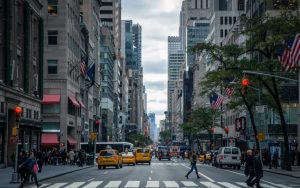
Moving to United States
–
US Country Guide
United States Country Information
Have you decided to Move to the US ?
Whether you’re planning a tourist trip or a business relocation, here’s what you should know before you go.
General Overview
Official country name: United States of America (USA)
Location: North America, bordered by Canada (north) and Mexico (south)
Capital city: Washington, D.C.
Official language: English (de facto)
Currency: U.S. Dollar (USD $)
Time zones: Ranges from GMT-5 (Eastern) to GMT-10 (Hawaii); GMT-4 to GMT-9 in summer
Culture & Traditions
- Key customs:
Firm handshakes and direct eye contact show confidence.
Tipping is expected (15–20% at restaurants).
Personal space and privacy are valued.
Punctuality is essential for business meetings.
- Public holidays:
- New Year’s Day (January 1)
- Martin Luther King Jr. Day (third Monday of January)
- Presidents’ Day (third Monday of February)
- Memorial Day (last Monday of May)
- Independence Day (July 4)
- Labor Day (first Monday of September)
- Veterans Day (November 11)
- Thanksgiving Day (fourth Thursday of November)
- Christmas Day (December 25)
- Main traditional dishes and local drinks:
- Popular dishes:
Burgers and fries
Barbecue ribs
Mac and cheese
Apple pie
Fried chicken
- Drinks:
Coffee (a daily ritual)
Craft beer
Coca-Cola and iced tea
Whiskey and bourbon
- Languages spoken daily: English, Spanish, Chinese, Tagalog, Vietnamese
3 common phrases to learn:
“How’s it going?” – Friendly greeting
“Have a great day!” – Common farewell
“Excuse me” – Essential in public interactions
- Clothing and behavioral norms:
Casual wear is common; business attire is formal in corporate settings. Americans value openness, friendliness, and respect for diversity.
Demographics & Society
- Total population: ~334 million
- Major ethnic groups: White, Hispanic/Latino, Black/African American, Asian, Native American
- Main religions: Christianity, Judaism, Islam, Buddhism, Hinduism
- General safety level: Varies by state and city; major cities are generally safe but stay alert in crowded areas.
- Attitude towards foreigners and diversity: Very welcoming; large Southeast Asian communities in California, Texas, and New York.
Key Cities & Regions
Capital city: Washington, D.C. – 700,000 – Center of U.S. government and diplomacy.
Major cities:
New York City – 8.8 million – Global finance, culture, and media hub.
Los Angeles – 3.9 million – Entertainment capital and diverse expat city.
Chicago – 2.7 million – Architecture, business, and Midwestern lifestyle.
Houston – 2.3 million – Energy industry and strong Asian community.
Miami – 460,000 – Latin American gateway and tropical climate.
Must-visit regions:
California: Innovation, beaches, and national parks.
New England: Historical towns and Ivy League universities.
Texas: Cultural blend and business-friendly environment.
Florida: Year-round sunshine and leisure lifestyle.
Weather & Climate
The United States covers several climate zones:
Northeast (New York, Boston): Cold winters (−5°C to 5°C), warm summers (20–30°C).
Southeast (Florida, Georgia): Subtropical, humid, mild winters (10–25°C), hot summers (25–35°C).
Midwest (Chicago, Detroit): Continental climate, snowy winters, warm summers.
Southwest (Texas, Arizona): Dry and hot, summers over 35°C.
West Coast (California, Oregon): Mediterranean climate, dry summers, mild rainy winters.
Mountain States (Colorado, Utah): Cold winters, perfect for skiing; mild summers.Tips for Southeast Asian expats:
Prepare for strong seasonal contrasts.
Homes are well insulated; heating and air conditioning are standard.
Carry sunscreen year-round in southern states.
Schooling
- System of schooling: K-12 education system (Kindergarten to Grade 12), followed by college/university.
- Age and degree: Compulsory from 5 to 16/18 years old depending on the state.
- International schools: Available in major cities; IB and American curriculums.
- Cost: Public schools are free for residents; private schools range from USD 10,000–30,000 per year.
- Advice: Use the Asia-Relocation School Search Service to find suitable international or bilingual institutions.
Health & Care
- System type: Private-based with public programs (Medicare, Medicaid).
- Support structures: Private hospitals, urgent-care clinics, public health centers.
- Cost: High; expats must obtain private health insurance before arrival.
- Tip: Health coverage is often linked to employment—confirm your policy before relocation.
Banking
- System type: Advanced, digitalized, and globally connected.
- How to pay: Debit/credit cards, Apple Pay, Venmo, PayPal.
- How to transfer: International transfers via SWIFT, Wise, or U.S. banking apps.
- Foreigners’ access: Expats can open accounts with passport, visa, and proof of address (e.g., lease).
Practical Information
Entry requirements:
EU citizens: ESTA visa waiver for 90 days.Non-EU citizens: Visa required (B1/B2 for travel, H-1B or L-1 for work, F-1 for students).
Vietnamese citizens: Apply via U.S. Embassy in Hanoi or Ho Chi Minh City.
Thai citizens: Non-immigrant visa needed for long stays.
Filipino citizens: Apply via U.S. Embassy Manila; processing can take several weeks.
- Local transportation:
- Cost of living:
Housing: $2,000–$4,000/month in major cities
Food: $300–$600/month per person
Transport: $100–$250/month
Electrical outlets and voltage: 120V, plug types A & B
Emergency numbers: 911
Visitor Tips
Gestures to avoid:
Don’t cut in line or touch strangers.
Avoid political or religious debates.
Tipping less than 15% is considered rude.
Regulations:
Smoking banned indoors in most states.
Alcohol purchase restricted to 21+.
Always carry ID for identification.
Integration tips:
Join professional or community networks.
Volunteer locally to connect faster.
Be punctual and communicate directly.
Potential risks:
Healthcare costs without insurance.
Extreme weather (hurricanes, snowstorms) in specific states.
Moving to the United States? Here’s Why It’s a Great Choice!
The U.S. offers unmatched opportunities for career advancement, education, and lifestyle diversity. From global business hubs to world-renowned universities, it’s the preferred destination for many Southeast Asian professionals and families.
Why Move to the United States?
Strong job market and global companies
English-speaking environment
World-class education and healthcare
Multicultural society welcoming expats
Make Your Move Stress-Free with Asia-Relocation.com
Asia-Relocation provides full relocation support from Vietnam, Thailand, and the Philippines to the United States. Services include international moving, home search, visa assistance, and cultural orientation.
👉 Start planning your U.S. relocation today: Contact Asia-Relocation Mobility Experts

